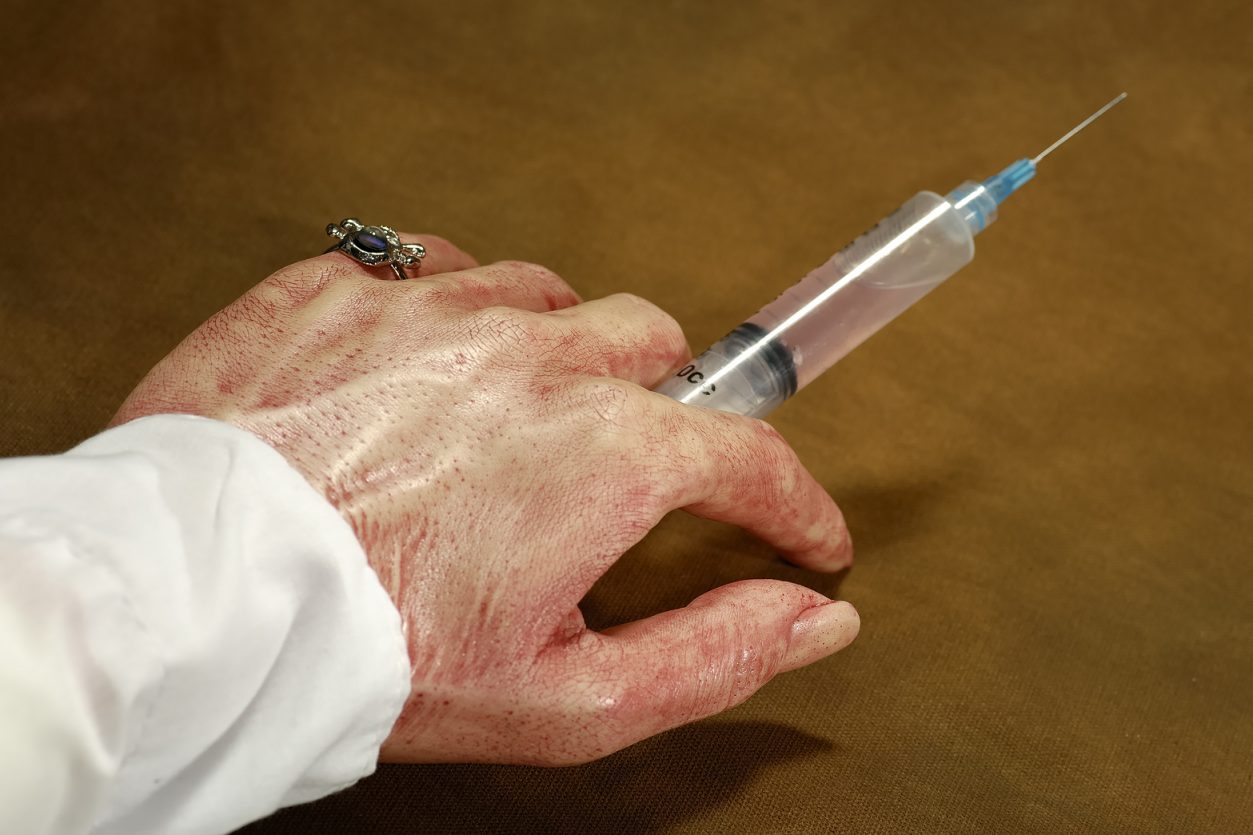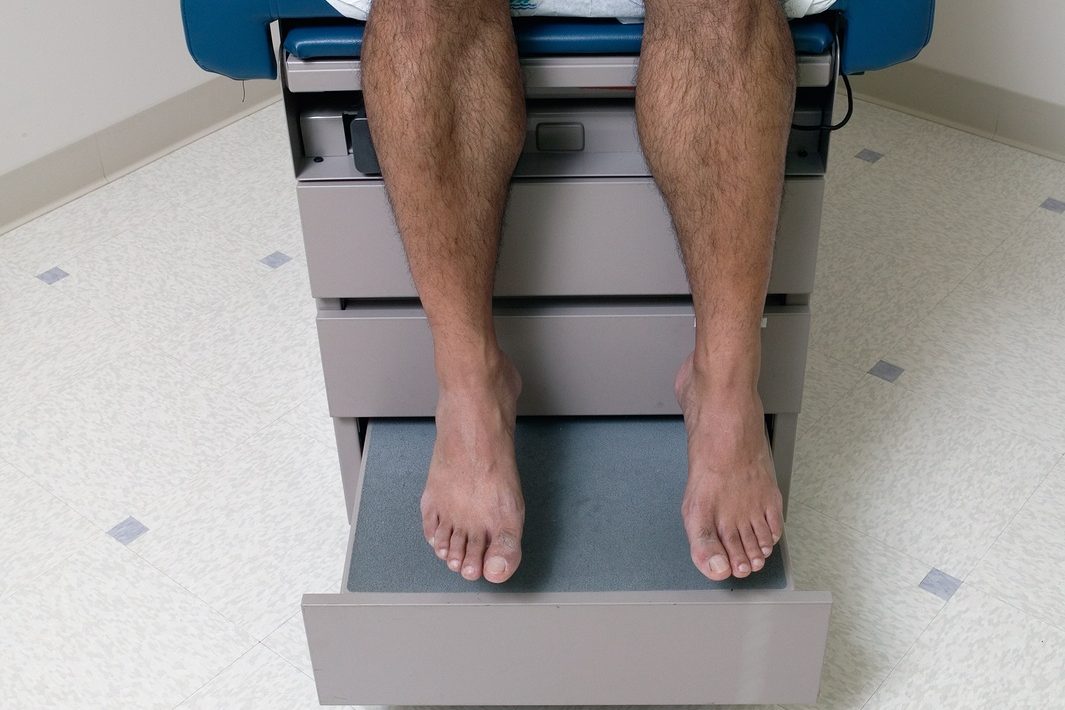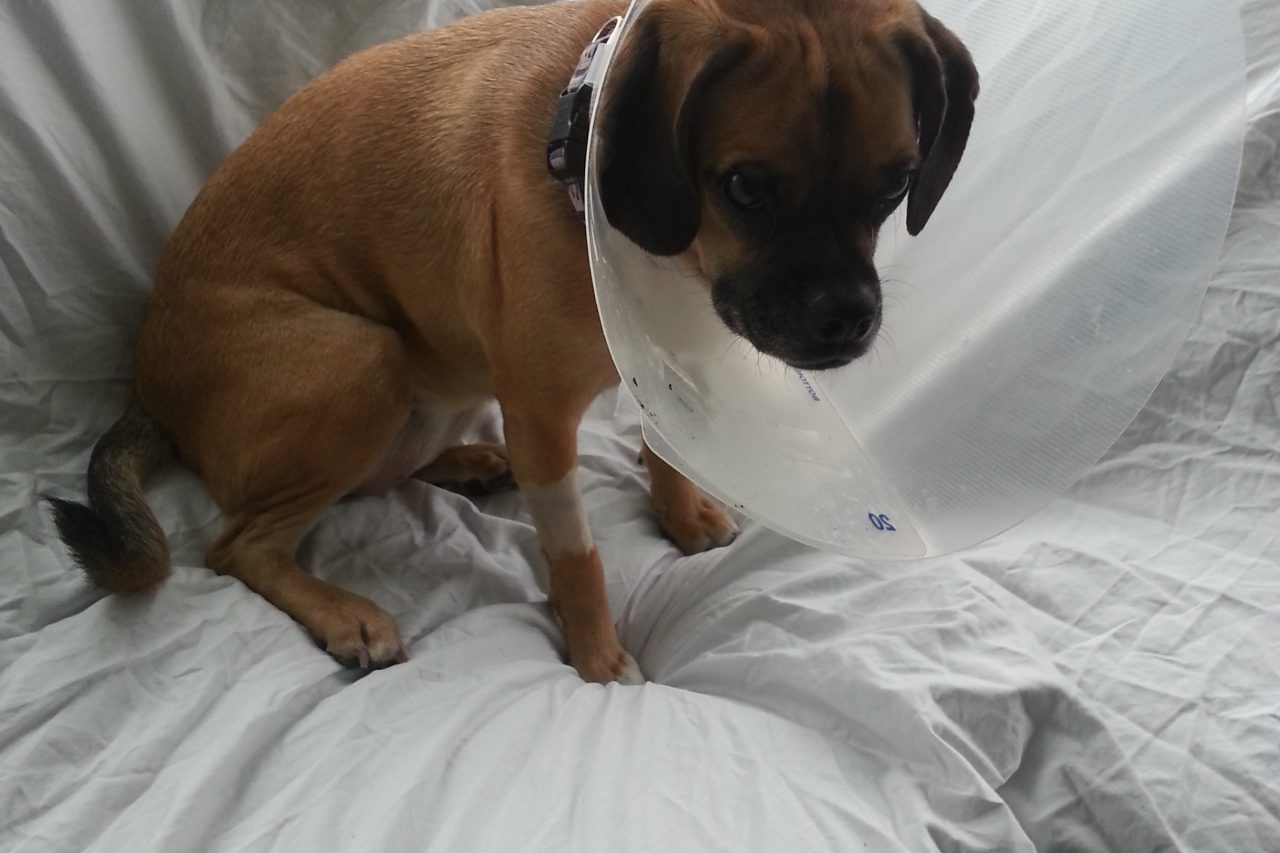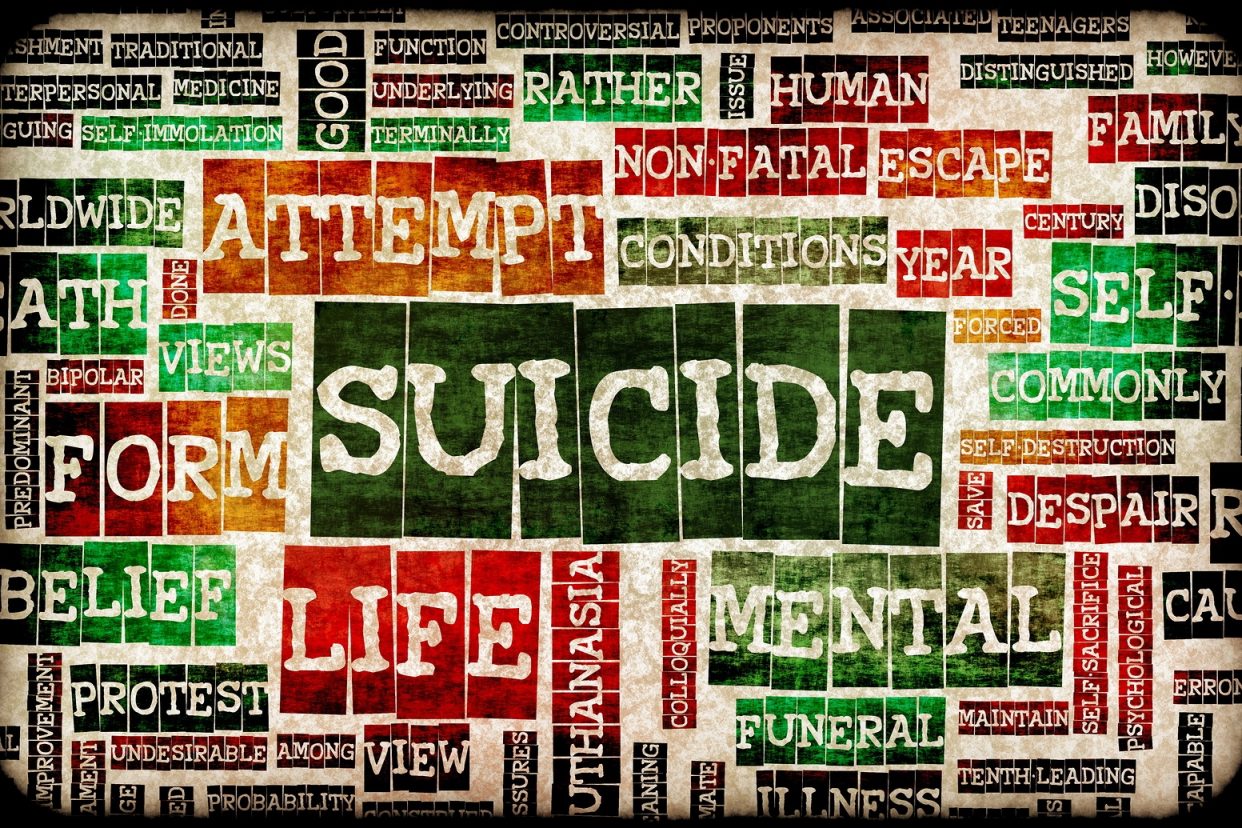Physicians are bothered by their patient’s fear. One of the worst parts of actually caring is that when other people suffer and especially when they are frightened, you suffer with them. It is bad when the trepidation is about something real, such as a new disease, but it is particularly disturbing when the source of the fear is confusion or bad information.
There are several common sources of inaccurate terrifying data. In 2013, the most frequent is the Internet. As someone who spends hours at a computer everyday, I understand the temptation to seize control of one’s life by searching online for answers and the possibility of gaining better understanding of a particular disease. There problem is that often, particularly in complex illness, website information is not quite about a particular patient’s situation, and may not reflect encouraging details of the case or peculiarities in the diagnosis. Because of conflicting and confusing information, online results can be unnecessarily scary.
In his Blog on Wednesday, Dr V (33 Charts) points out that one of the problems with information on the Internet is that is very hard for patients to get answers to specific questions regarding their case. This is often because doctors are nervous about giving online advice and those physicians who do spend a lot of time on the Internet, may be the ones that do not practice fulltime and therefore have less current experience. Several readers noted that they had been able to maintain good online relationships with their doctors, but this remains the exception.
Another recurrent source of anxiety is the advice of family, friends and neighbors. “Oh, my cousin had that … she died.” Or, “you should get a PET Scan and a stool test…You didn’t get a stool test?” I sympathize with the human need to seek support from others. I do not understand why well-wishers share horrible stories and random advice, which often scare the bejeebers out of my patients.
Finally, patients often get original copies of their lab tests and radiology reports and read them at home, not first with their doctor. Now, let us be clear; every patient has an absolute right to these results, it is after all a test done on them. The problem is that except for a report dictated as “normal”, any variation can be confusing and frightening. Never does a day go by that a patient does not bring in a printout of some prior test and, in a cold sweat, want me to explain why the kidney blood test is too low (it can never be to low, low is good, its just that the patient’s test is better than the normal range), the SUV is falling on the PET scan (it means the treatment is working), there is a lesion marker on the mammogram (placed there by the radiologist to help read the scan correctly) or hundreds of other benign results which none-the-less result in real fear to the uninitiated.
Each patient must find a balance between the risk of misleading, anxiety producing information and the need for control. How much you need to explore about your disease is personal. However, it is important to realize that if you have a relationship with a physician you trust, their job is to protect you from unnecessary fear by shielding you from bad information, teaching you good information and helping you cope with bad news. Part of the patient’s job is limit emotional risk, which can drain energy, focus and impair healing.
It is partly a measure of the quality of a physician – patient relationship and the communication in that relationship, how much the patient feels the need to maintain control by doing independent investigation. It is reasonable to do enough research to understand basic concepts in your illness and feel up-to-date in its treatment. However, if you find yourself spending large amounts of time on the Internet, it may be that you do not trust your doctor to give you support, education and guidance. Then it is not time look at more websites, perhaps you need to look at a different doctor.







5 Comments